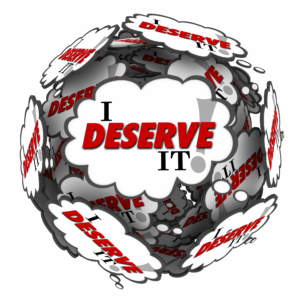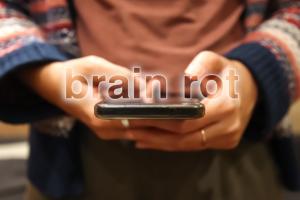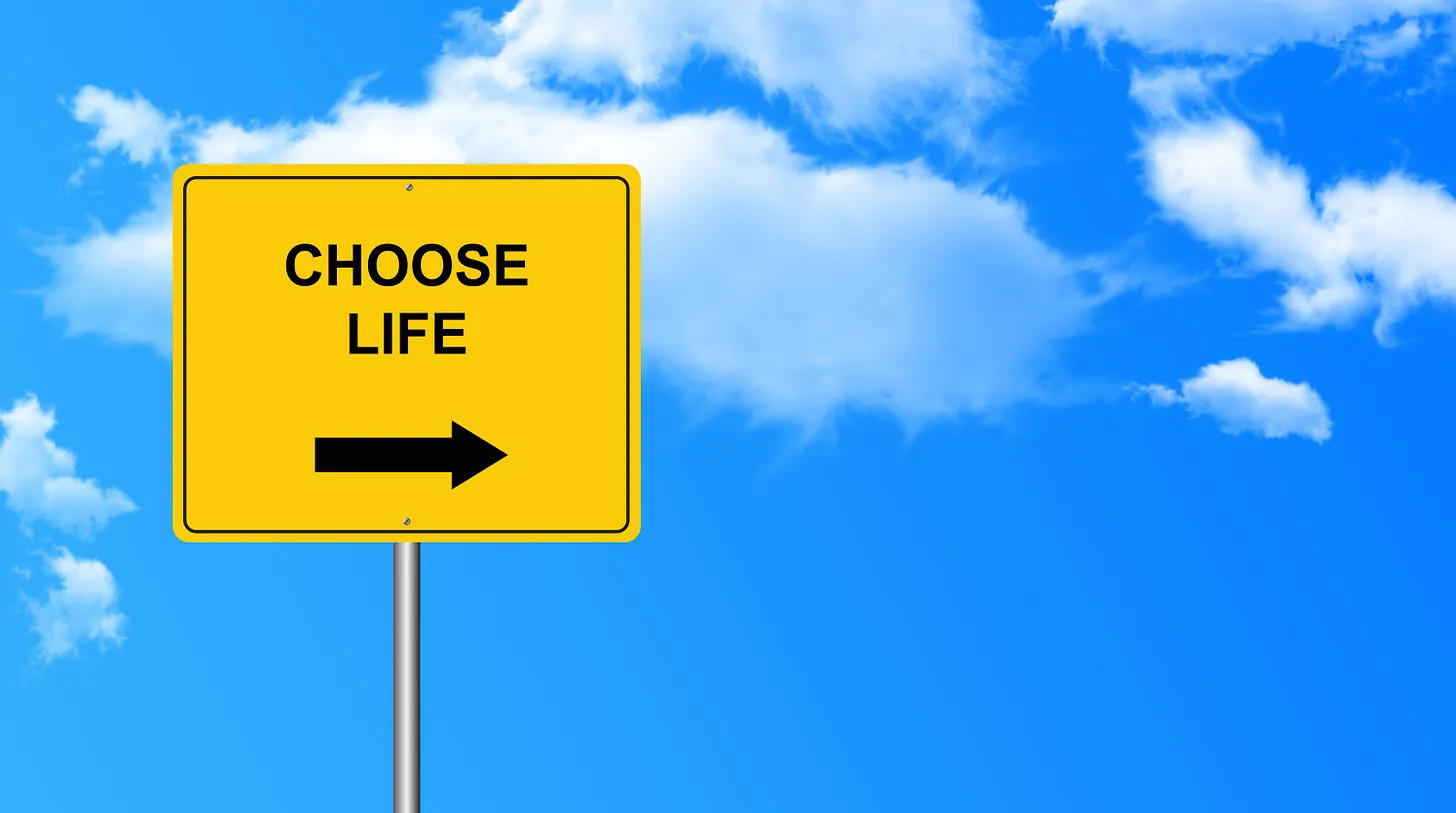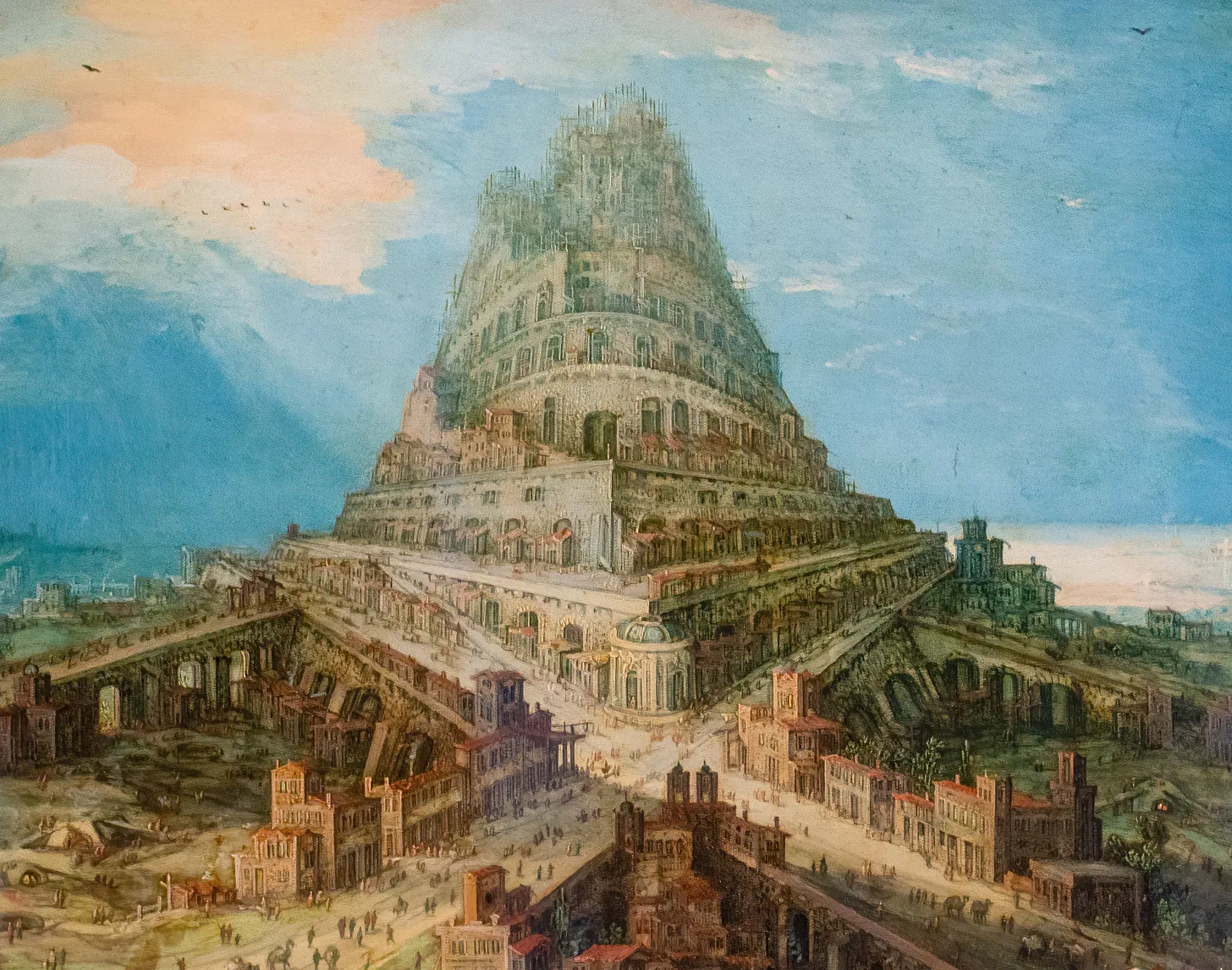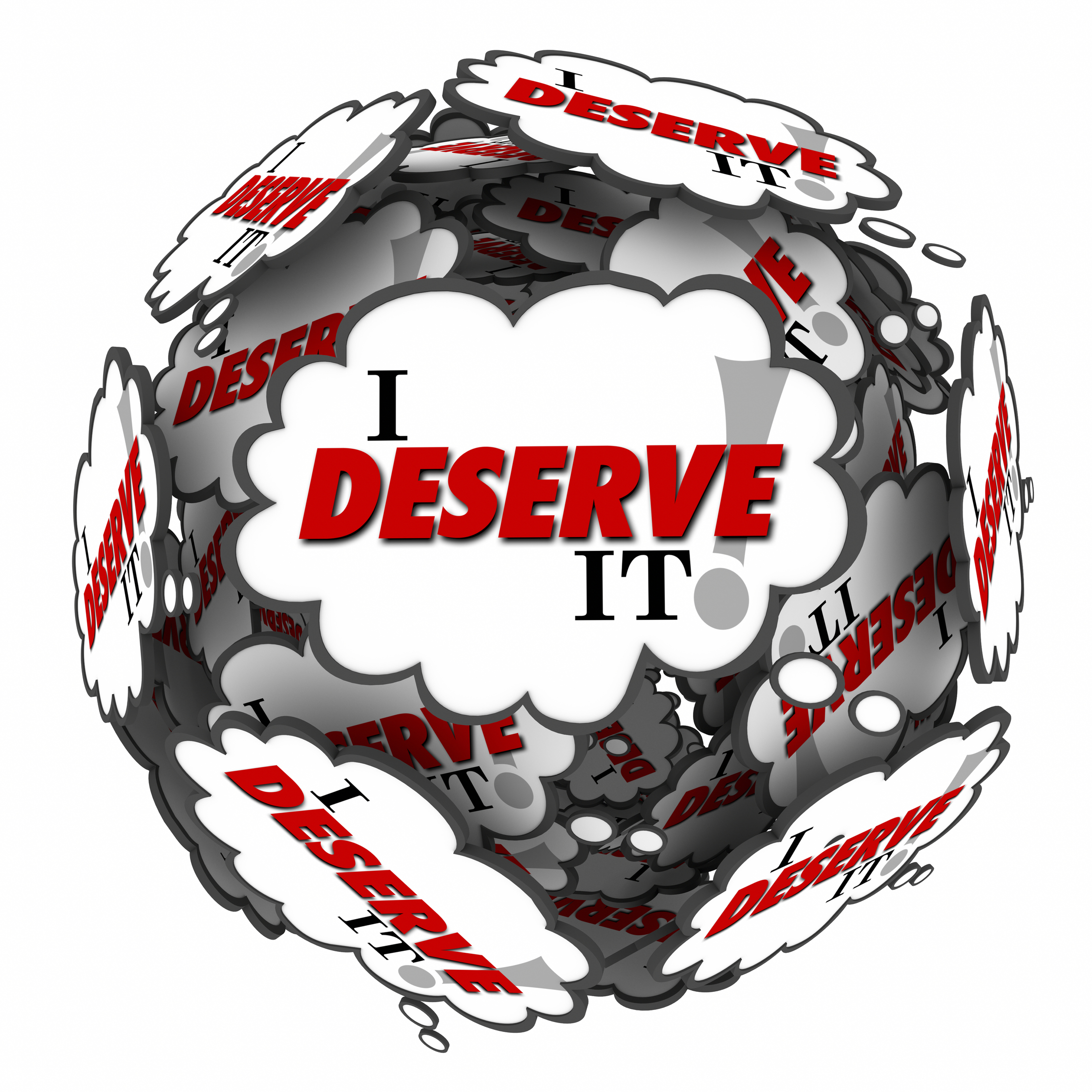Have you ever sensed that you just don’t fit-in to your surroundings or society as a whole because of your age, gender, race, ethnicity or physical appearance? Have you ever thought that you were being treated unfairly because of your background, your personality or your beliefs? Have you ever felt that you were unaccepted, rejected, shunned or ignored by a group that you wanted to be a part of? If you have experienced these feelings, you are not alone: it’s the human condition!
Throughout history, humanity has not been able to deal with its differences. Mankind’s record is brimming with injustice between races, nations, tribes and individuals. Whole countries, groups and persons have been rejected and persecuted. Is it any wonder ideologies that try to remedy this have arisen in our time, particularly in Western nations? Recent years have featured the following:
· Environmental-Social Justice-Governance (ESG) – a trifold concept to save the planet, mete out justice fairly to everyone in all areas of life and cater to everyone’s wants and desires. The effects of ESG seem to be the impoverishment and bankrupting of whole countries by the compulsory disuse of vital resources like fossil fuels and fertilizer; only the powerful and militant get what they want when race and lifestyles are politicized; businesses and institutions have ceased to function when individuals (called “stakeholders”) are demanding their rights over what is the greater good for the organization.
· About the same time, particularly in the U.S. and Canada, came the triple-play of Critical Race Theory (CRT), Cancel Culture and Virtue Signaling – CRT being a reaction to past white supremacy that has allegedly tainted the thinking and policies of our nations; cancelation by discrediting (and erasing) personalities and ideas that are deemed to be perpetuating past racism, politics, economics or religion that are considered harmful; virtue signaling with words and actions that reward one with praise for feigned or real outrage and progressive thinking on the issues of the day.
After millennia of civilization with a clear and continuous record of very real hatred, oppression and suffering, it seems human beings are trying harder than ever to change how we deal with each other and differences among us, ensure justice for everyone and make each person feel valued. And it seems an expansion of the means to achieve these ends has quickly come about and now affects every aspect of our lives in the West.
In the past few years, governments, corporations, educational institutions and even churches have moved forward in a concerted effort to help us transcend our discomfort with societal evils evident in the past with the three-pronged approach of Diversity, Equity and Inclusion, or D.E.I. (as most in the Western World call it), E.D.I. (as the Canadian Federal Government brands it), or D.I.E. (as the Canadian Psychologist, Jordan Peterson, calls it). Diversity, Equity and Inclusion is billed to be the latest greatest answer to dealing with what ails us socially.
D.E.I. (or however the acronym is mixed) rewards those who embrace accepting everyone and everything, no matter how outrageous and immoral, and punishing those who cannot seem to abide ideas of how diversity, equity and inclusion should be achieved.
The discussion of D.E.I. is centered around the insistence that all should accept the behaviors of those who desire change, whether in their societal position or status or their identities or characteristics.
We might begin to understand why many find it difficult to support D.E.I. by sharing how the Ontario Human Rights Code defines its three elements:
· Diversity – “The presence of a wide range of human qualities and attributes within an individual, group or organization. Diversity includes such factors as age, sex, race, ethnicity, physical and intellectual ability, religion, sexual orientation, educational background and expertise.”
· Equity – “Fairness, impartiality, even-handedness. A distinct process of recognizing differences within groups of individuals, and using this understanding for substantive equality in all aspects of a person’s life.”
· Inclusion – “Appreciating and using our unique differences – strengths, talents, weaknesses, frailties – in a way that shows respect for the individual and ultimately creates a dynamic multi-dimensional organization.”
Unfortunately, as well-intentioned as D.E.I. was meant to be, it has been turned into a cudgel to beat organizations and people into accepting immorality, laziness and selfishness. The way D.E.I. is taught and implemented empowers a growing number of individuals to demand universal acceptance and inclusion with their real or contrived diversity.
To demonstrate how forceful proponents of D.E.I. can be in their approach, we need only look at some of the language within the ideology. The College of the Environment at the University of Washington presents these definitions in a glossary it compiled:
Intersectionality – “A social construct that recognizes the fluid diversity of identities that a person can hold such as gender, race, class, religion, professional status, marital status, socioeconomic status, etc.”
Race – “A social construct that artificially divides people into distinct groups based on characteristics such as physical appearance, ancestral heritage, cultural affiliation, cultural history, ethnic classification, and the social, economic and political needs of a society at a given period of time.”
Sexual Orientation – “An individual’s enduring physical, romantic and/or emotional attraction to another person. Gender identity and sexual orientation are not the same. Transgender people may be straight, lesbian, gay or bisexual.”
- Gender Identity – “Distinct from the term “sexual orientation,” this refers to a person’s internal sense of being male, female or something else. Since gender is internal, one’s gender identity is not necessarily visible to others.”
- Patriarchy – “Actions and beliefs that prioritize masculinity. Patriarchy is practiced systematically in the ways and methods through which power is distributed in society (jobs and positions of power given to men in government, policy, criminal justice, etc.) while also influencing how we interact with one another interpersonally (gender expectations, etc.).”
- Microaggressions – “The verbal, nonverbal and environmental slights, snubs, insults or actions, whether intentional or unintentional, which communicate hostile, derogatory or negative messages to target persons based solely upon discriminatory belief systems.”
- Oppression – “The systematic and pervasive nature of social inequality woven throughout social institutions as well as embedded with individual consciousness. Oppression fuses institutional and systemic discrimination, personal bias, bigotry and social prejudice in a complex web of relationships and structures.”
- System of Oppression – “Conscious and unconscious, random and organized harassment, discrimination, exploitation, prejudice and other forms of unequal treatment that impact different groups. Sometimes it is referred to as systemic racism.”
- Tokenism – “Performative presence without meaningful participation. For example, a superficial invitation for the participation of members of a certain socially oppressed group, who are expected to speak for the whole group without giving this person a real opportunity to speak for her/himself.”
This Glossary defines many other terms like: Cisgender, Decolonize, Implicit Bias, Multicultural Competency, Privilege, White Supremacy, Structural Inequality, BIPoC, Ally, etc.
DEI training and implementation has become a thriving industry in our societies: about $8B per year is spent in the U.S. (estimate sounds low); I don’t have statistics for Canada, but most Government organizations and many private corporations have an administrator or entire department dedicated to implementing D.E.I. among their human resources.
Perhaps you will indulge a little of my personal experience:
A place I worked at for 20 years was quite enthused about hiring its first trans-employee (despite that person representing themselves as male at hiring and then informing the company they had been in transition to female for several years), and made it their mission to support LGBTQ2S+ community initiatives with rainbows on our commercial buildings and sidewalks around them (especially during the month of June each year);
With my own company, it seems that I have been required to change my hiring practices and cease what is called meritocracy (hiring the most qualified persons based on skills, ability, talent, etc.), and rather show preference to employing persons based on race, gender, sexual orientation and other criteria which would not necessarily produce quality of service or product;
My competitors proudly advertise their DEI policies on their websites and on LinkedIn and the posts between them on these issues are so positive and glowing. Many of my colleagues privately agree with my views on DEI, but are careful to praise efforts made at compliance;
In my business environment, if I want government grants or bank loans, or want to pursue corporate clients these days, I must demonstrate how diverse my staff is and show how there is equity and inclusion with our company’s human resources policies.
(The Government of Canada’s policy on Research Funding – aimed at achieving greater equity, diversity and inclusion (EDI) in research practice and design states: “It is expected that applicants will clearly demonstrate their strong commitment to EDI in their applications and in the implementation of their research projects, if funded.”).
In researching this topic, I contacted an HR Consultant who has made it his mission to contact me daily thereafter with questions like, “What are the features of your current DEI policy?” and “Wouldn’t you like to upgrade it?” and “When can we start to design a program for you?” The last time we spoke, I sensed the person was “gasping for air” when I told him I had no such policy and did not intend to implement one.
There is so much more we could delve into on the matter of D.E.I., but allow me to offer “5 D’s” to consider in evaluating this pervasive ideology:
1. Deception – earlier we covered various terms associated with DEI: remember the meanings associated with intersectionality and gender identity, etc…if you don’t like your experience from birth to present, just “reimagine” it.
2. Discrimination – preferring certain persons over others on the basis of race, gender, background, culture, politics or religion is just as wrong now as it always was – whether white cis males are doing it or progressives.
3. Distraction – DEI takes the focus off of the goals of an organization and diverts resources to compliance with the expectations of its stakeholders – staff, clients, customers, supporting institutions, governments.
4. Division – When anyone is given preference based on their physical attributes rather than merit, inevitably envy, disdain, in-fighting and division occurs, because the injustice to those most qualified is obvious.
5. Destruction – An organization that has lost its way by focusing on wrong goals and not bringing in the most qualified (and moral) persons will inexorably self-destruct (lack of profit; inability to retain talent; lies, theft; etc.).
With respect to the outcomes of D.E.I., there is much more we could add, but please know that what we have mentioned is not meant to demonize its adherents or to get any satisfaction from the harm being done to individuals and society. We know that human interactions have been continually scarred with intolerance, injustice and rejection for thousands of years and it would make sense to try and do something about it – the pain and suffering within the human experience is real.
Unfortunately, we still have not learned that man-made solutions to what is hurtful and detrimental in the human experience are generally without spiritual consciousness and end up just exacerbating the problems we identify.
Spiritual consciousness reveals to us the following:
- our Creator made us in His image and after His likeness, BUT He did not make us identical to each other – God made DIVERSITY
- His written record, the Holy Bible, states that He will mete justice to everyone without exception in His time – EQUITY.
- He desires to include ALL of humanity who ever lived, are living, and ever will live, in a new world that will come shortly – INCLUSION.
Unfortunately in our day, D.E.I. can be deceptive, discriminatory, distracting, divisive and destructive. True Diversity, Equity and Inclusion as God instituted in our creation celebrates our differences, is perfectly equitable and all-inclusive.



